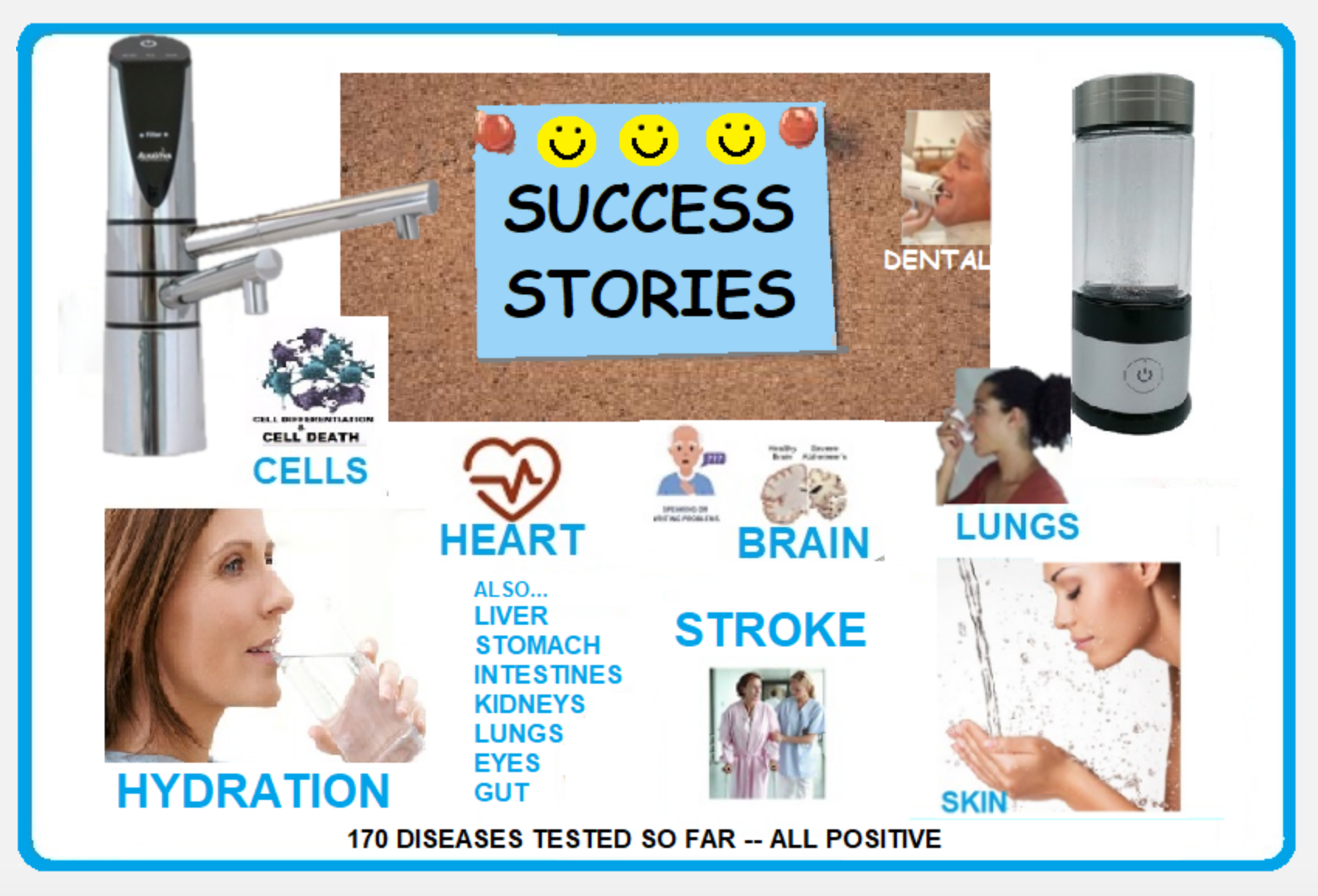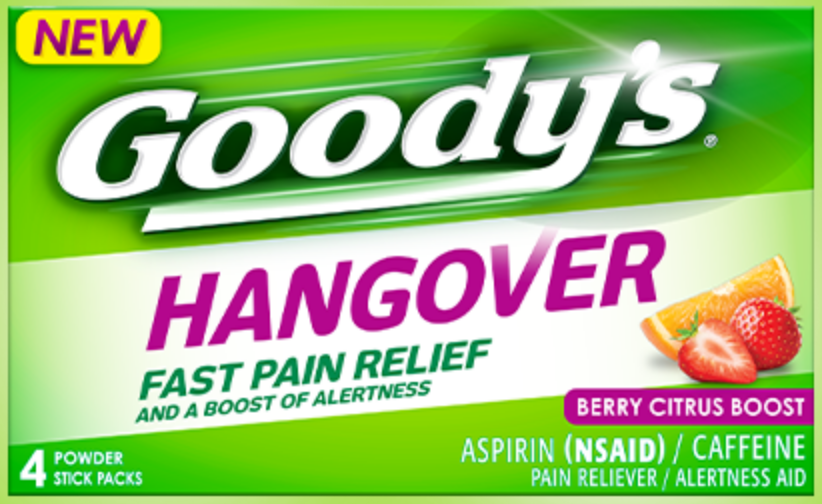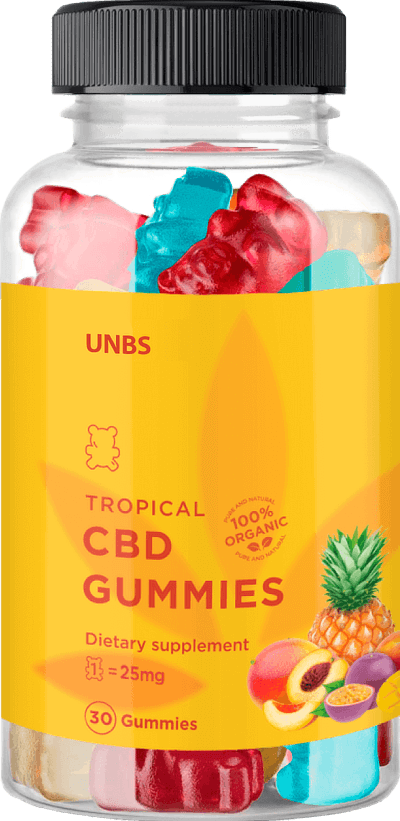
Alkaline Water Plus
Are there really any benefits to drinking alkaline water?
TINA.org sheds light on medical device company’s marketing claims.
“Platinum LED saved my life,” begins a customer testimonial for PlatinumLED’s BIOMAX 900 red light therapy device. “I was on medication for eczema which caused several side effects and I had to stop medication.” Then she found the company’s device and after just a couple days of using the product, no eczema and no reported side effects.
PlatinumLED shares the glowing testimonial on its Instagram page, which is awash in company posts touting the purported skin-related and non-skin-related benefits of its red light panels.
For example, posts claim that the company’s products help treat or prevent acne, scars and wrinkles, anxiety, brain fog, focus and memory issues, inflammation, and conditions such as heart disease and Mast Cell Activation Syndrome. The company also advertises in Instagram posts that its red light devices are effective at reducing cholesterol and improving circulation.
Then, once you get to the PlatinumLED website, you’ll find claims that the red light therapy products are backed by “thousands of published studies” and the Class II medical devices even have the endorsement and approval of the FDA.
Meanwhile, until TINA.org’s inquiry, which was prompted by a consumer tip, the FDA’s logo was plastered across the PlatinumLED website.
However, the reality is the FDA doesn’t endorse or approve Class II devices. Which is precisely why the agency prohibits its logo from appearing on “private sector materials.”
The FDA would also likely have something to say about many of the company’s health claims. The agency has established in warning letters to device makers, including manufacturers of red light devices, that claims to treat eczema, acne, wrinkles, scars and heart disease, among other health conditions, require the agency’s approval, which PlatinumLED doesn’t seem to have.
But maybe you are less interested in what the FDA has to say and are more concerned about whether PlatinumLED’s red light devices actually work – do the products provide the advertised benefits?
While the company claims its devices are supported by “thousands of published studies,” the actual studies themselves are elusive. TINA.org did not find them anywhere on the company’s website, including on the two pages under “The Science” – a How It Works page and a Certifications & Testing page that mainly seems focused on promoting the safety of the company’s devices as opposed to their effectiveness. (And the company did not provide the studies to TINA.org upon request.)
Meanwhile, experts warn that “they don’t know yet if [red light therapy] is effective for all its claimed uses” and that “more clinical trials are needed to confirm its effectiveness as a treatment.” They add that the effectiveness of at-home LED devices – like the ones PlatinumLED sells – may be especially suspect since the research supporting red light therapy in general is often based on devices that are different from the products being sold directly to consumers.
Another issue with PlatinumLED? While the company advertises a “60-day trial” on its website, its refund policy discloses that it doesn’t cover any shipping or insurance costs and consumers have to pay a 20% restocking fee for returns. The company also only offers refunds for the panel itself, not for any stands or accessories. So if you purchase one of the stands that the devices are often pictured with on product pages, the cost of the stand (which ranges from $119 to $869) will not be refunded.
After TINA.org alerted PlatinumLED to the FDA’s logo policy and the agency’s stance on certain health claims used by device manufacturers, the company removed the FDA logo or replaced it with more generic font, and removed the claim that its devices are FDA “approved.” The Instagram posts shown above, however, remain in publication.
In response to TINA.org’s request for comment, PlatinumLED said it doesn’t advertise that its products diagnose, treat or cure any disease or medical condition.
Where we reference health conditions or wellness benefits in our content, it is always in the context of supporting third-party research on the specific wavelengths of light used and the mechanism of action (PBM) in our panels, never claiming that our devices are somehow FDA-cleared to treat those conditions. It’s also very important to note that all information that we present is scientifically backed by published studies that are openly available for public review.
Instead of providing the specific studies, however, the company provided a link to the National Institutes of Health’s PubMed database and suggested that we use “various keyword searches” related to red light therapy to find the research supporting the company’s health claims, including those cited by TINA.org.
PlatinumLED acknowledged that customer testimonials are “anecdotal” but said it doesn’t view them as “medical claims.” However, the FTC is clear that “advertisers should not make claims through consumer testimonials … that would be deceptive or couldn’t be substantiated if the advertiser made them directly” and that “[c]onsumer endorsements themselves are not competent and reliable scientific evidence.”
PlatinumLED said it made changes to its FDA logo marketing to avoid the misrepresentation that the company is affiliated with the FDA, though it stated that it was never its intention to mislead consumers on its relationship with the agency.
The company stood by the terms of its 60-day trial policy, saying it is “consistent with standard practices for large, high value, medical-grade hardware and clearly stated prior to checkout.”
Red light devices like PlatinumLED’s products and others cost hundreds of dollars even though their effectiveness at treating a variety of ailments is not settled science. Consumers should do their research before making this kind of investment in their health that may or may not pay off.
Read more about our coverage on medical devices.
Our Ad Alerts are not just about false and deceptive marketing issues, but may also be about ads that, although not necessarily deceptive, should be viewed with caution. Ad Alerts can also be about single issues and may not include a comprehensive list of all marketing issues relating to the brand discussed.
Are there really any benefits to drinking alkaline water?
What you need to know about this purported hangover remedy.
Spam email leads to a fake endorsement from Dr. Oz, among other celebrities.

